Cannot be exploited, and hundreds of billions are lost for maintenance.
According to the report of the Standing Committee of the Ho Chi Minh City Party Committee, the total number of real estate facilities managed and used by agencies, units and enterprises is 9,295 addresses. Of which, the state agencies and administrative agencies have 7,297 addresses (206 addresses have been approved); the enterprises have 1,998 addresses.
A representative of the Ho Chi Minh City Housing Business Management Company said that the company currently manages houses built before 1975, so they are old and degraded. While there are no regulations on adjusting rental prices according to market prices, it is very difficult to rent. It is worth mentioning that there are currently 115 addresses that are left empty and not rented, but they incur maintenance costs and pay land use fees of 40 billion VND per year, which is a waste.
Mr. Nguyen Thanh Hai, Director of the Center for Housing Management and Construction Inspection (Department of Construction), informed that up to now, the Center has been assigned by the City People's Committee to manage and operate 8,125 old apartments, 10,328 resettlement apartments and 2,269 resettlement land plots. In addition, the Center also manages 44 house addresses subject to Decree No. 167. According to the plan, the City People's Committee plans to assign the Center to receive and manage and operate 26,660 apartments and land plots, more than 1,000 house addresses according to Decree No. 167.
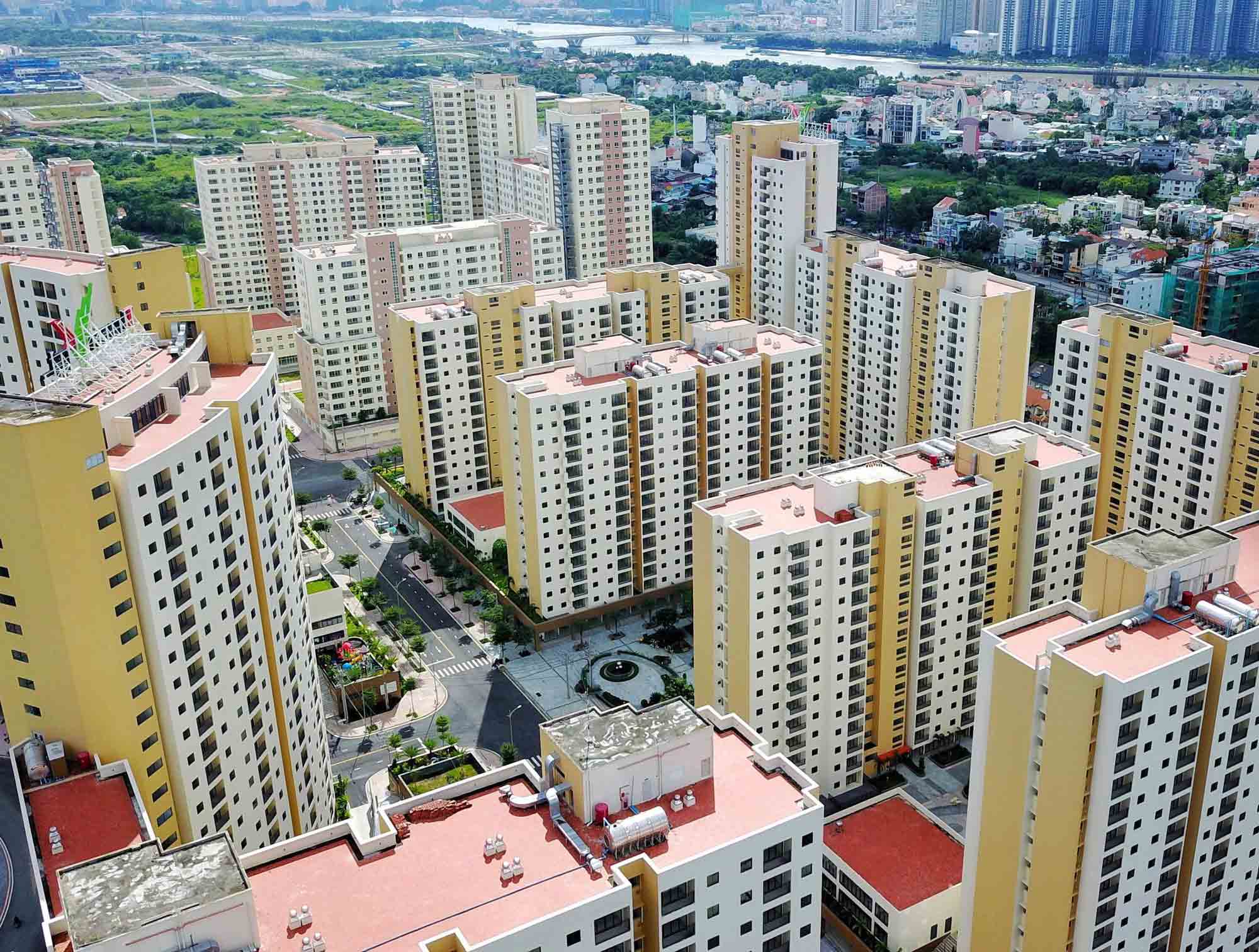
Thu Thiem resettlement area is being auctioned.
"However, old houses are currently facing many difficulties. Specifically, over 2,000 houses have not signed lease contracts; about 20,000 resettlement houses, but the city has only handed over 13,000 houses on paper, but in reality they have not been received due to boundary encroachment and incomplete legal documents. Some apartment buildings have handed over apartments but common areas such as fire protection systems and elevators have not been handed over; the elevators do not work so they cannot be used. Houses under Decree 167 have only been handed over to 44 addresses so far, but many have been transferred by hand, through many people, and the law is not clear about maintenance, repair, and leasing...", Mr. Hai said, adding that the city has sold over 100,000 houses, earning thousands of billions of VND. The law stipulates that this money is to invest in new projects, but the city has not yet invested in any houses.
"Should we use that investment money to build social housing to effectively exploit the land fund because currently there is a lot of abandoned land. Many plots of land are located right on the main road frontage, such as more than 8,000 square meters with two street frontages in Thu Duc City, which is an old apartment building with 104 apartments, which earns 2.2 billion VND per year for rent, but the repair and maintenance costs are several hundred million VND. If we demolish and rebuild, invest in a new project, and build social housing, we can earn a lot of money, very effectively," Mr. Hai suggested.
Mr. Huynh Thanh Khiet, Deputy Director of the Ho Chi Minh City Department of Construction, also admitted that the Department is managing a very large real estate fund, but the legal basis is not tight and not enough, so it is difficult to rent. In addition, the city has about 4,800 apartments for auction, but the auction process is not there, so they are left abandoned, while each year we still have to spend 77 billion VND to maintain this housing fund. This is too wasteful, so there should be a clear and strict auction process and procedures to sell this housing fund.
"Seize" and digitize public assets
According to Mr. Le Truong Hai Hieu, Head of the Economic - Budget Committee of the Ho Chi Minh City People's Council, recently the City People's Council has chosen to supervise issues that many voters are interested in, especially those related to the management and use of houses, land and assets attached to state-owned land. The City People's Council has conducted 5 supervision sessions for the City People's Committee, departments, branches and People's Committees of 24 districts; and 10 field surveys at addresses of houses and land owned by the state in the districts. Although the system of legal documents and directives of the City People's Committee on this issue has been issued promptly and is basically complete, in the process of implementation and application to a number of contents and specific cases, there are still problems that need to continue to be guided and answered by the central ministries and branches, and relevant departments and branches of the City need to focus on resolving them promptly.
Mr. Hieu admitted that the issuance of replacement documents and implementation instructions is still slow. For example, the issuance of price lists for renting houses and land for work, production, and business purposes and the development of regulations for managing and exploiting houses and land funds assigned to units for temporary management and custody. In addition, there are still some land plots being used by organizations and enterprises but there is no land lease decision; land plots have land allocation and land lease decisions but have not yet fulfilled financial obligations to the state. The work of receiving housing funds and resettlement land is still slow and not completed on schedule. The work of recovering house and land addresses is still difficult. The issuance of auction decisions is slow, affecting the implementation of auction procedures. There are still cases where the addresses of houses and land owned by the state are allocated land but not through auction, which is not in accordance with the provisions of the Land Law; Real estate address is vacant or used ineffectively or for the wrong purpose, causing budget loss.
In his speech, Mr. Phan Van Mai, Chairman of the Ho Chi Minh City People's Committee, said that Ho Chi Minh City's public assets are very large. If managed and exploited well, they will be a resource to help Ho Chi Minh City develop. However, the previous period was quite complicated and difficult to manage, leading to loss of assets and violations by organizations and individuals. Therefore, Directive 24 was issued with the requirement to grasp and effectively manage construction. Up to now, the City has reviewed, counted, and grasped public assets, but has not yet met the requirements because it has not been digitized, has not handled the shortcomings and overlaps, and only grasped the documents but not grasped the actual situation. "The city must review Directive 24 to see what has been done, what has not been done to implement in the near future. It is recommended that this year and next year we fully implement the spirit of the directive. In particular, we must strengthen the working group on Directive 24. Focus on reviewing and grasping public assets, linking with the story of digitalization, thoroughly resolving the shortcomings, which are on paper but in reality are different," the Chairman of the Ho Chi Minh City People's Committee emphasized.
We must urgently complete the guidelines, procedures, and regulations for receiving assets, transferring assets, auctioning, and investing in new development. These are mainly the City's tasks. Strengthen inspection and supervision to promptly rectify and put this work into order, method, and results, avoiding mistakes and negativity.
Chairman of Ho Chi Minh City People's Committee Phan Van Mai
Source link



![[Photo] Prime Minister Pham Minh Chinh chairs meeting to deploy overcoming consequences of storm No. 10](https://vphoto.vietnam.vn/thumb/1200x675/vietnam/resource/IMAGE/2025/10/3/544f420dcc844463898fcbef46247d16)


![[Photo] Students of Binh Minh Primary School enjoy the full moon festival, receiving the joys of childhood](https://vphoto.vietnam.vn/thumb/1200x675/vietnam/resource/IMAGE/2025/10/3/8cf8abef22fe4471be400a818912cb85)

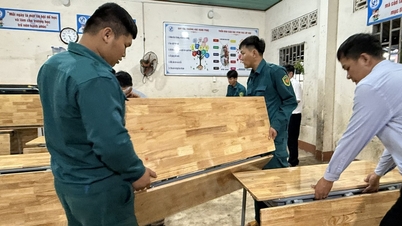
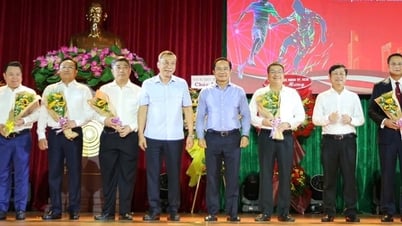

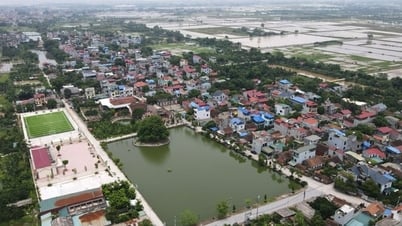

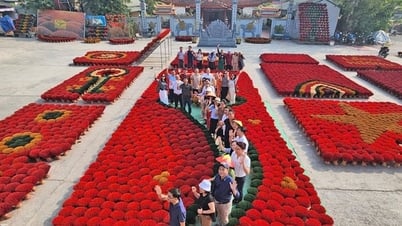


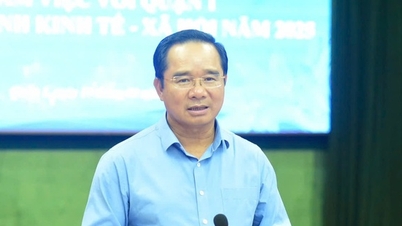
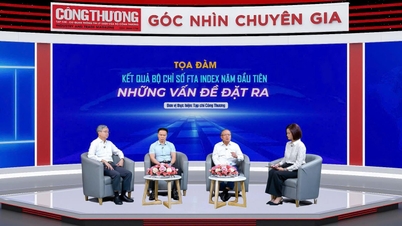



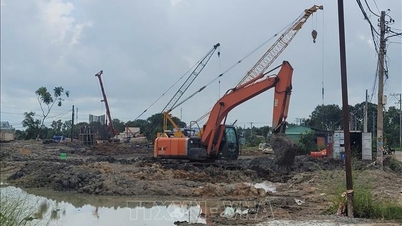


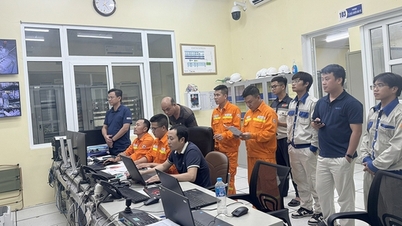






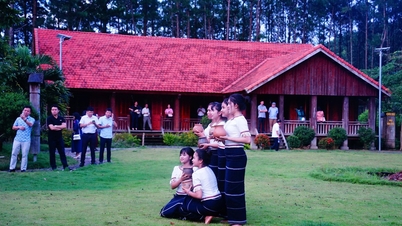

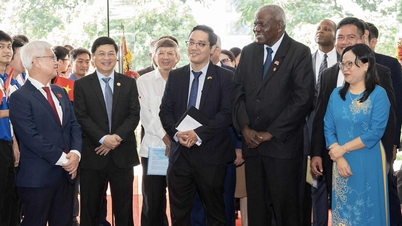









































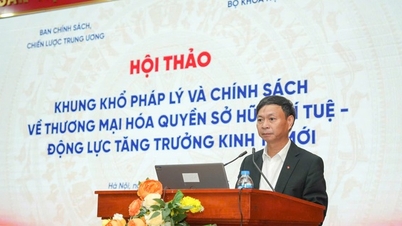



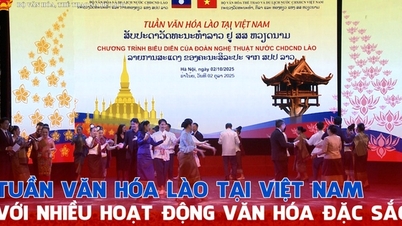
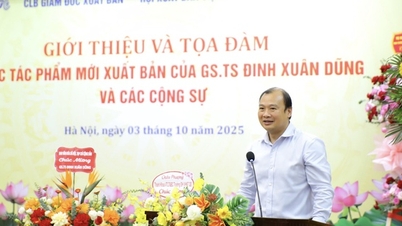



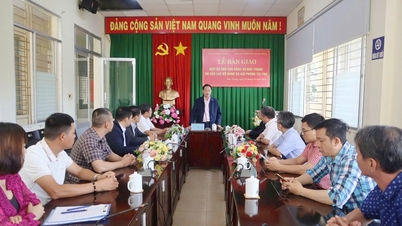



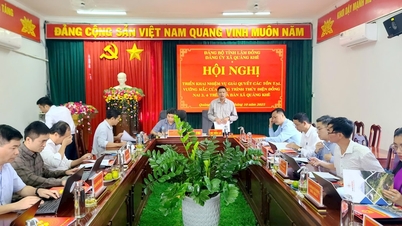
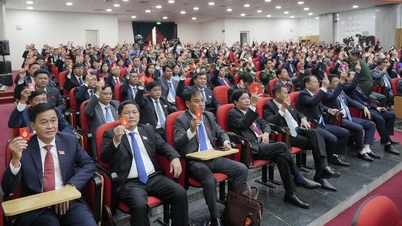













Comment (0)